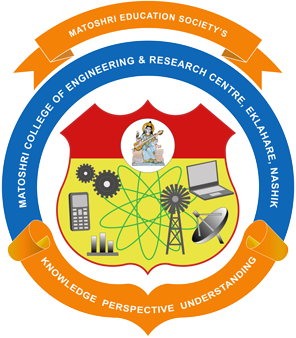- PEO1: To serve and excel as globally competent Computer Engineers in IT industries, public sector organizations, or entrepreneurial ventures by effectively applying knowledge and skills, while engaging in lifelong learning and pursuing higher education for continuous professional growth and development.
- PEO2: To develop and demonstrate strong analytical and problem-solving abilities for designing effective computing solutions that address real-world technological challenges, meet industry and societal needs while upholding social and ethical values.
- PEO3: To demonstrate strong technical, communication, and leadership skills while effectively collaborating in multidisciplinary teams, fostering a research-oriented mindset, and contributing to indigenous development through the adoption of recent and innovative technologies.
- Professional Skills: Learn Computer Architecture and Organization, Understand, analyze, develop, and test the Algorithms, Software, Frameworks and Models in the domains like Multimedia, Web Design, Machine Learning, Big Data Analytics, Distributed Systems and Networking with varying complexities.
- Problem-Solving Skills: Apply professional and state-of-the-art practices, strategies and tools in software project development using open-ended programming environments to deliver a quality product following the code of the conduct.
- Successful Career and Entrepreneurship: To employ modern computer languages, development environments, and platforms in creating promising career paths as an employee, an entrepreneur, and a lifelong learner.
Learners are expected to know and be able to–
-
Engineering Knowledge:
Apply the knowledge of mathematics, science, Engineering fundamentals, and an Engineering specialization to the solution of complex Engineering problems. -
Problem Analysis:
Identify, formulate, review research literature, and analyze complex Engineering problems reaching substantiated conclusions using first principles of mathematics natural sciences, and Engineering sciences. -
Design/Development of Solutions:
Design solutions for complex Engineering problems and design system components or processes that meet the specified needs with appropriate consideration for the public health and safety, and the cultural, societal, and Environmental considerations. -
Conduct Investigations of Complex Problems:
Use research-based knowledge and research methods including design of experiments, analysis and interpretation of data, and synthesis of the information to provide valid conclusions. -
Modern Tool Usage:
Create, select, and apply appropriate techniques, resources, and modern Engineering and IT tools including prediction and modeling to complex Engineering activities with an understanding of the limitations. -
The Engineer and Society:
Apply reasoning informed by the contextual knowledge to assess societal, health, safety, legal and cultural issues and the consequent responsibilities relevant to the professional engineering practice. -
Environment and Sustainability:
Understand the impact of the professional Engineering solutions in societal and Environmental contexts, and demonstrate the knowledge of, and need for sustainable development. -
Ethics:
Apply ethical principles and commit to professional ethics and responsibilities and norms of the Engineering practice. -
Individual and Teamwork:
Function effectively as an individual, and as a member or leader in diverse teams, and in multidisciplinary settings. -
Communication:
Communicate effectively on complex Engineering activities with the Engineering community and with society at large, such as, being able to comprehend and write effective reports and design documentation, make effective presentations, and give and receive clear instructions. -
Project Management and Finance:
Demonstrate knowledge and understanding of the Engineering and management principles and apply these to one’s own work, as a member and leader in a team, to manage projects and in multidisciplinary Environments. -
Lifelong learning:
Recognize the need for and have the preparation and ability to engage in independent and life-long learning in the broadest context of technological change.
